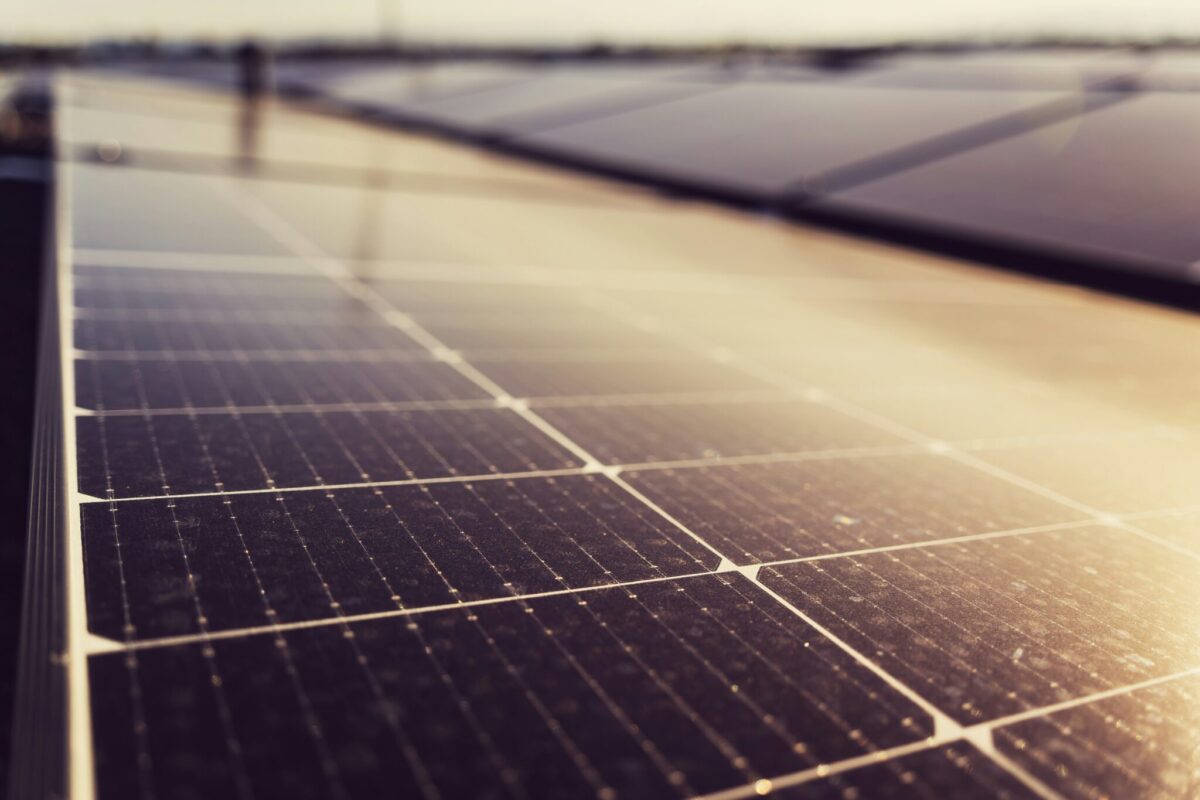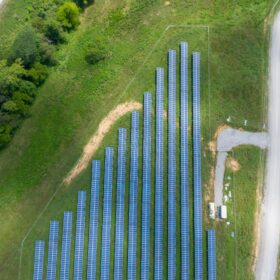There’s been a marked improvement in battery performance over the last decade in the overcrowded and fast-moving energy storage market.
This compels battery startup CEOs and their marketing departments to use aspirational language in order to stand out from the other companies pursuing new storage technologies for the grid and EVs. There’s a tendency to overuse words like “breakthrough” or “holy grail” and to make technology improvement claims which beggar belief.
Here’s a roundup of recent battery news and claims.
e-Zn: Toronto-based energy storage developer e-Zn just raised $3.4 million in a seed round led by Energy Foundry along with MaRS Investment Accelerator Fund, Sustainable Chemistry Alliance and Emeraude Capital.
The startup has developed a zinc metal technology for long-duration, grid-scale energy storage and claims:
- It can deliver multiple days’ worth of storage
- The ability to scale energy capacity at a capital cost one-tenth of lithium-ion batteries.
- The system is up to 80% less expensive than comparable long-duration lithium-ion systems.
- The system can operate in temperatures ranging from -45 degrees C to 70 degrees C.
e-Zn is focused on remote communities, mining operations, telecommunications, military bases, data centers, island nations, EV charging stations and non-wire alternatives.
Nikola Motors: The Detroit Bureau reports on Phoenix-based EV builder Nikola Motors and quotes CEO Trevor Milton: “We have the Holy Grail of batteries.”
The company claims that its technology is “an alternative to today’s lithium-ion technology that could double the distance a battery-electric vehicle can travel between charges, while cutting battery costs in half. ”
The CEO continues: “This is the biggest advancement we have seen in the battery world,” adding, “We are not talking about small improvements; we are talking about doubling your cell phone battery capacity.”
The CEO claims the new technology will disrupt EV vehicle range and weight metrics.
The company did not provide technical details on the battery improvements, although the CEO voiced his intention to acquire an unnamed battery start-up that developed a technology that modifies current lithium-ion construction by “removing the binder material and electric current collectors.”
Kyocera: pv magazine reports that Kyocera is aiming to accelerate the reduction in battery storage prices by launching its Enerezza residential storage fleet. The product will be available in 5-, 10-, and 15-kWh models and the devices will feature semi-solid lithium-ion battery architecture – a world first.
The Japanese electronics company piloted a battery manufacturing process in 2019 along with U.S. start-up 24M, which has developed a new approach to lithium-ion battery production developed by MIT researcher Yet-Ming Chiang. Kyocera claims the 24M manufacturing process delivers a significant structural bill of materials advantage and requires substantially less upfront capital.
The companies claim significant production cost reductions from the new process. Material costs for SemiSolid batteries are around 40% lower than for standard lithium-ion battery architecture and the manufacturing time is two-thirds shorter, according to the company.
The production process also makes it possible to manufacture electrodes four to five times thicker than the industry standard, reducing the need for copper, aluminum and a separator to offer further positive pricing and an energy density several times higher than rival products, added 24M. The start-up has claimed to have achieved energy density of 350 Wh/kg with its SemiSolid cell architecture.
Ganfeng Lithium: Chinese manufacturer Ganfeng Lithium announced plans to have a 100-MWh capacity pilot production line for solid state batteries up and running this year. With solid state devices offering higher energy density and fewer safety concerns than lithium, Ganfeng is hoping to beat rivals to commercial scale manufacturing in a bid to drive down costs.
Lithium-sulfur batteries: Researchers at Australia’s Monash University have developed a sulfur-lithium battery which they claim has “the potential to perform more than four times better than currently available products,” according to reports in pv magazine.
The device, claimed as “the world’s most efficient lithium-sulfur battery,” is described in the paper Expansion-tolerant architectures for stable cycling of ultrahigh-loading sulfur cathodes in lithium-sulfur batteries, published in Science Advances.
The research team has won more than US$1.7 million in funding from government and industry partners to trial the lithium-sulfur batteries in cars and on the grid.
Sulfur is an economical material with higher overload tolerance, lower toxicity and lower weight than traditional lithium ions.
This content is protected by copyright and may not be reused. If you want to cooperate with us and would like to reuse some of our content, please contact: editors@pv-magazine.com.








My friend and I call it YABB (Yet Another Battery Breakthrough).
We figure one of these is going to stick eventually.
I have a hard time believing Nikola Motors. I think they are as trustworthy as Fisker.
Nikola Motors may or may not have a breakthrough battery, but they will likely be laying down most of the hydrogen infrastructure in the U.S. and Canada. I hope they succeed in all of it.
I hope I live long enough for these wonder batteries to enable people to come off the grid and be self sufficient from the solar panels on the roof . most days I generate more power than I need but have to buy at a high rate when its dark